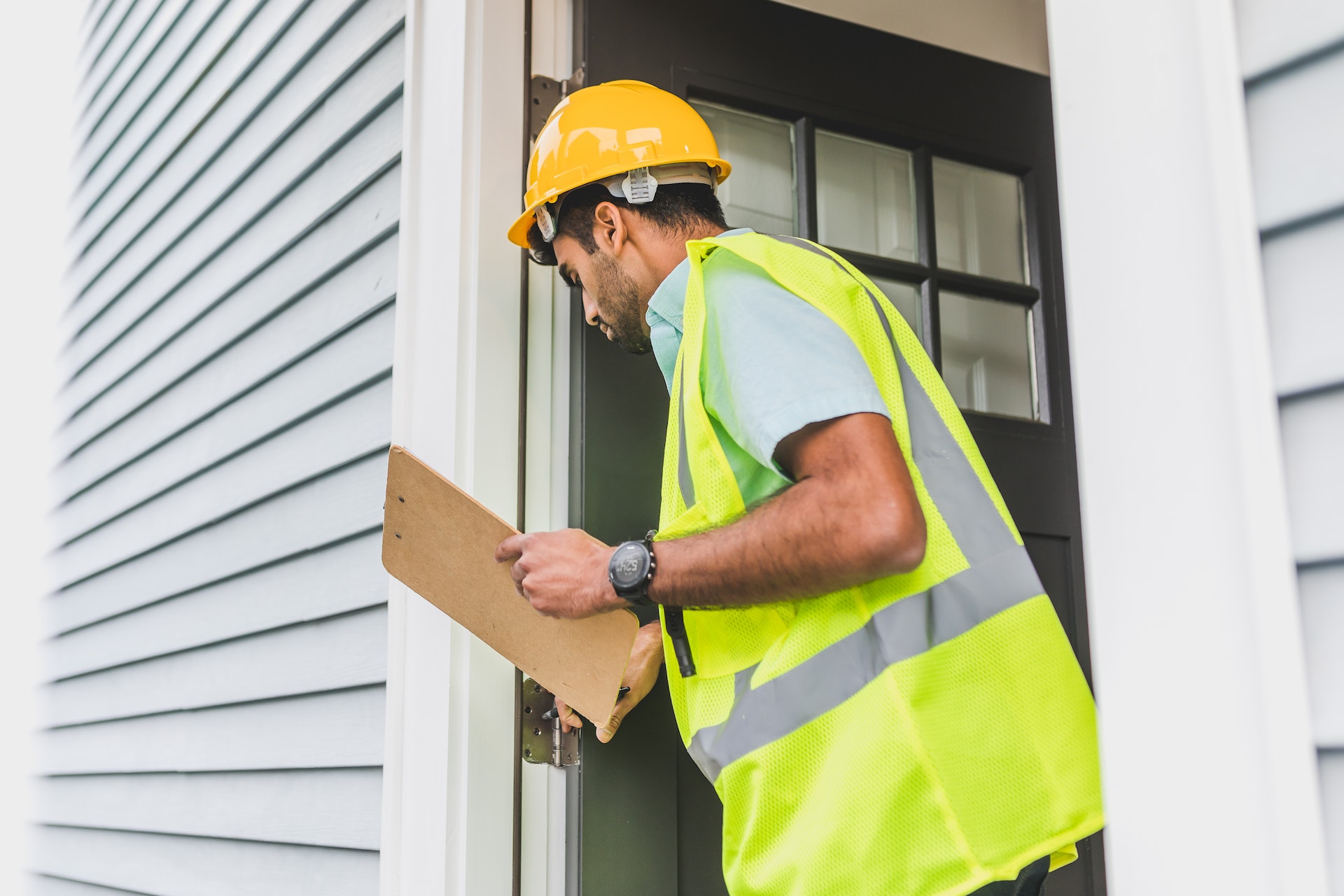Buying a home is one of the most significant investments one can make in their lifetime. To ensure that you’re making a wise and informed decision, a crucial step in the home buying process is conducting a thorough home inspection. A home inspection is a comprehensive evaluation of the property’s condition by a qualified professional. It helps identify potential issues, safety hazards, and necessary repairs, providing buyers with essential insights into the property’s true condition. In this blog, we will explore the value of home inspections and key considerations for both buyers and sellers in the real estate market.
The Importance of Home Inspections for Buyers:
Uncovering Hidden Issues:
A visually appealing property may not always reveal hidden defects. A home inspection goes beyond the surface, identifying potential issues that may not be evident during a regular walkthrough. From hidden water leaks to faulty electrical wiring, a home inspector can uncover these concerns, preventing future surprises and costly repairs.
Negotiation Power:
Armed with the information from the home inspection report, buyers have the advantage of negotiating with the seller. If significant issues are discovered, buyers can request repairs or a reduction in the asking price to account for the needed repairs.
Peace of Mind:
Knowing the true condition of the property provides buyers with peace of mind and confidence in their decision. It allows them to make an informed choice and ensures they are investing in a home that meets their expectations.
Key Considerations for Sellers:
Pre-Listing Inspections:
While home inspections are often associated with buyers, sellers can benefit from conducting pre-listing inspections as well. A pre-listing inspection gives sellers the opportunity to address any issues before putting the property on the market. This proactive approach can enhance the property’s appeal and streamline the selling process.
Full Disclosure:
Being transparent about the property’s condition is crucial for sellers. Disclosing the results of a recent home inspection to potential buyers builds trust and credibility. It also allows buyers to make an informed decision, reducing the risk of post-sale disputes.
Prioritize Repairs:
Addressing necessary repairs before listing the property can significantly impact its marketability. A well-maintained home attracts more buyers and may lead to quicker offers and potentially higher sale prices.
Tips for a Successful Home Inspection:
Choose a Qualified Home Inspector:
Selecting a qualified and experienced home inspector is paramount. Seek recommendations from real estate agents or conduct thorough research to find a reputable professional who adheres to industry standards.
Attend the Inspection:
Whenever possible, buyers should attend the home inspection. This allows them to ask questions, gain a better understanding of the property’s condition, and receive immediate insights from the inspector.
Review the Inspection Report:
After the inspection, carefully review the detailed report provided by the inspector. Seek clarification on any points you may not understand and discuss significant findings with your real estate agent.
Conclusion:
The value of home inspections cannot be overstated in the real estate market. For buyers, a home inspection provides peace of mind, negotiation power, and uncovers potential issues. Sellers can benefit from pre-listing inspections and transparently disclosing the inspection results to potential buyers. By prioritizing home inspections and conducting due diligence, both buyers and sellers can navigate the home buying process with confidence and make informed decisions that align with their needs and expectations.

